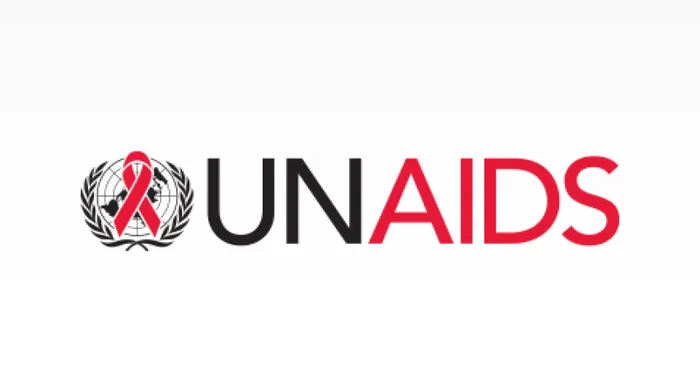Organisations warn that dismantling UNAIDS could reverse HIV progress

South African organisations have warned against the closure of UNAIDS.
Image: UN
Plans to shut down UNAIDS have sparked sharp criticism from South Africa’s Treatment Action Campaign (TAC) and SECTION27, who warn the decision threatens to undo decades of progress in the global HIV/AIDS response.
In a joint statement, the organisations described UNAIDS as the only dedicated UN body coordinating the HIV response, cautioning that dismantling it “will have a devastating impact on the lives of millions of people living with and affected by HIV/AIDS.”
This comes after media reports regarding the closure.
In a statement last week, UNAIDS said there was a transformation plan which includes a 55% reduction in UNAIDS Secretariat staffing and a shift in country presence from 85 to 54 countries, with a lighter footprint in 40 countries.
It said this deployment supports countries where 80% of people living with HIV reside and where 71% of new infections occur.
The statement said that in the second phase, per the UNAIDS Board’s decision, the Joint Programme will present to its Board a plan for its consideration in June 2027 to further transform, consolidate and integrate with a view to eventually closing down the UNAIDS Secretariat in its current form.
TAC and SECTION27 noted the agency is already under pressure, operating with reduced capacity after “massive cuts to country-team staff.”
The planned closure follows the steep drop in global HIV funding in 2025, which TAC and SECTION27 say has done “unspeakable damage”. World Health Organisation data showed 1.3 million new infections and 630,000 AIDS-related deaths in 2024.
“The victories of our struggle against AIDS have to be won again and again. We cannot take the recognition of the human rights of people for granted, especially people using drugs, sex workers, and LGBTQIA+ communities. The rise of right-wing ideologies globally only reinforces this concern,” said TAC general secretary Anele Yawa.
Yawa warned that fragile progress is being further undermined by shifts in international donor priorities.
“We also cannot take continued political will or funding from our governments for granted, as witnessed with the overnight pull of funding from PEPFAR (US President's Emergency Plan for AIDS Relief), the reprioritisation of funding from the Global Fund, and many funders globally shifting priorities to other areas.”
The impact of these cuts is already evident in South Africa. Ritshidze, a community-led monitoring system run by TAC, has tracked major disruptions across 323 health facilities. Findings showed that 51% of facility staff reported reduced capacity after the PEPFAR cuts.
Longer waiting times were flagged by 22% of healthcare users, while 47% of people not on antiretroviral therapy (ART) said they were not offered an HIV test on the day of monitoring.
Access to treatment has also declined. Ritshidze reported a 9% drop in people receiving a three-month supply of antiretrovirals, and 8% fewer patients using external pick-up points. Staff also flagged setbacks in viral load testing and consultations, alongside lower levels of treatment literacy.
SECTION27 executive director Sasha Stevenson said closing UNAIDS would come at the worst possible time.
“Closing UNAIDS now would undermine decades of progress, weakening global coordination of the HIV response at a critical stage of the HIV response, when the agency is expected to finalise the next five-year Global AIDS Strategy and agree on the 2030 targets.”
“UNAIDS has been essential in ensuring accountability, mobilising resources, protecting the rights of members of key populations, and centering community leadership in the global fight against AIDS. Instead of ‘sunsetting’ UNAIDS, the world must strengthen and fully fund it to finish the fight against AIDS,” Stevenson added.
Cape Times
Related Topics: